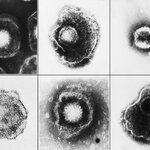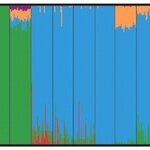
Want to live a long life? Your genes still don't make a difference (yet) according to research on the bone health of one of the oldest persons in the world who recently died at the age of 114 The study reveals that there were no genetic modifications which could have contributed to this longevity.
The research team, directed by Universitat Autònoma de Barcelona professor Adolfo Díez Pérez, pointed out a healthy lifestyle, a Mediterranean diet, a temperate climate and regular physical activity as the reasons for his excellent health.
They studied the bone mass and analysed the genetics of a…

